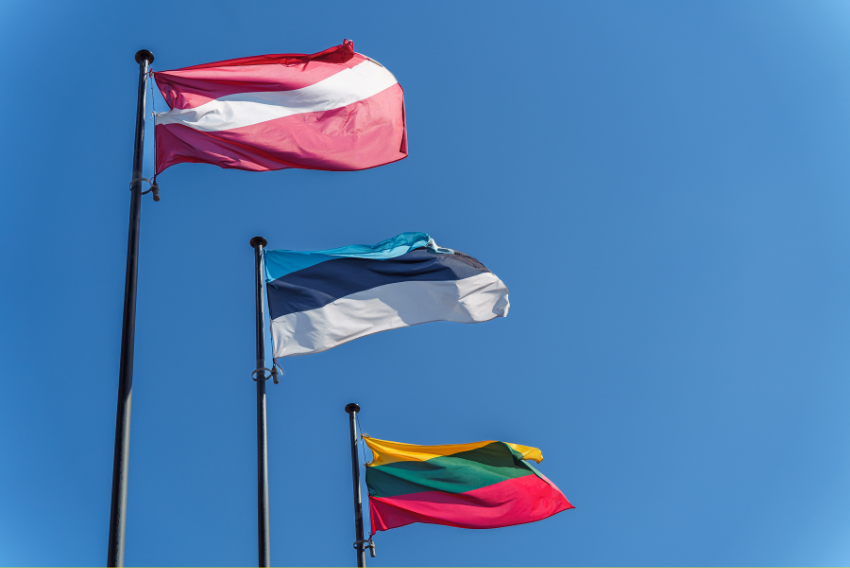A new training program aimed at strengthening refugee and migrant integration in Baltic cities has been launched in Latvia. The initiative, called the Academy on the Integration of Migrants and Refugees in the Baltic Countries 2025-2026, is designed to support city administrations in Estonia, Latvia, and Lithuania. It builds on a successful pilot in Poland and is developed by the UN Refugee Agency (UNHCR), the Council of Europe Intercultural Cities (CoE ICC) Programme, the OSCE Office for Democratic Institutions and Human Rights (ODIHR), and the Organization for Economic Co-operation and Development (OECD), in partnership with the Latvian think tank Providus.
With Baltic nations hosting a large number of Ukrainian refugees, this training aims to equip local officials with the skills needed to support newcomers effectively. While national governments set migration policies, the actual process of integration happens at the local level, making it crucial for city officials to be well-prepared. The program addresses challenges that have emerged since the start of the Ukraine war in 2022, helping communities maintain social cohesion.
According to Karolis Žibas, (Re)Integration Officer at UNHCR Nordic and Baltic countries, the key to successful integration lies in local efforts. Municipalities play a central role in creating inclusive communities, and this training will help officials harness the potential of refugees and migrants. Latvia’s Minister of Culture, Agnese Lāce, also highlighted that the initiative strengthens collaboration between state authorities, local governments, and non-governmental organizations.
Monika Žitkė, Head of Integration Coordination at Lithuania’s Reception and Integration Agency, emphasized that the academy aligns with Lithuania’s strategy to improve municipal involvement in integration efforts. She noted that it will enhance skills, promote partnerships, and introduce best practices from across the Baltic region.
Over the next 18 months, the training will cover topics such as intercultural communication, misinformation, gender-based violence, and partnerships for integration. The first training session, led by ODIHR, will take place on March 13-14 at NGO House in Riga, following a launch event at Riga City Council on March 12. Officials from across the region will gain insights from similar programs in Poland, helping them develop effective strategies for welcoming and supporting refugees and migrants.

